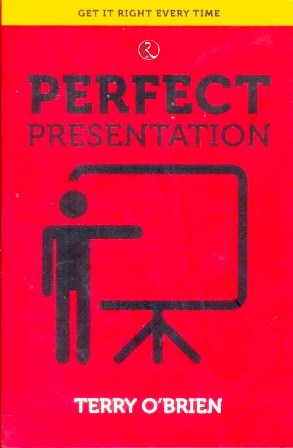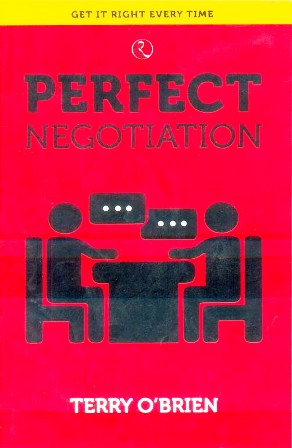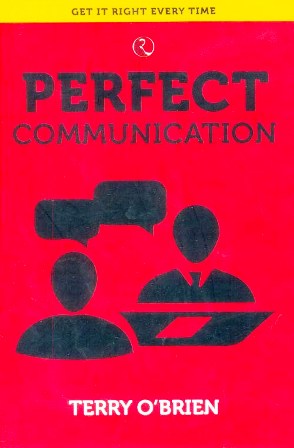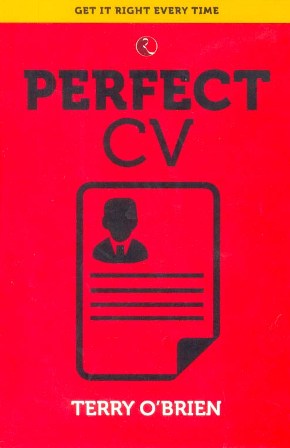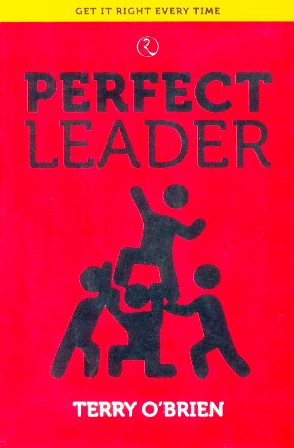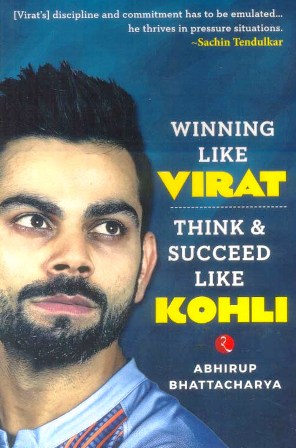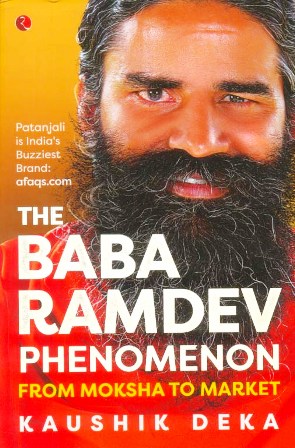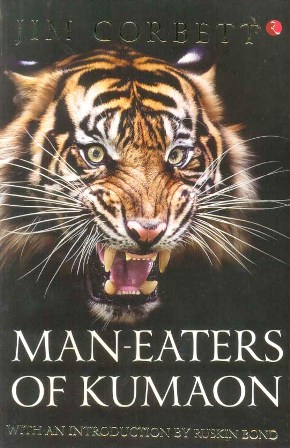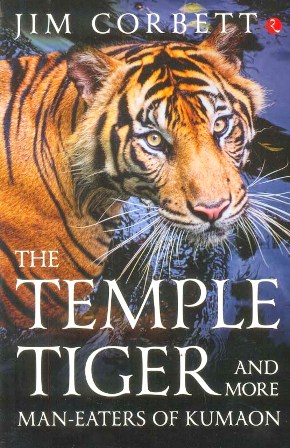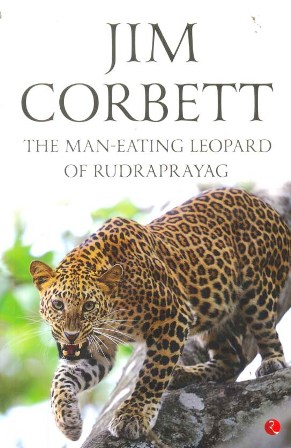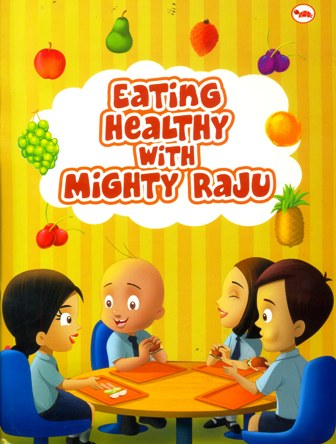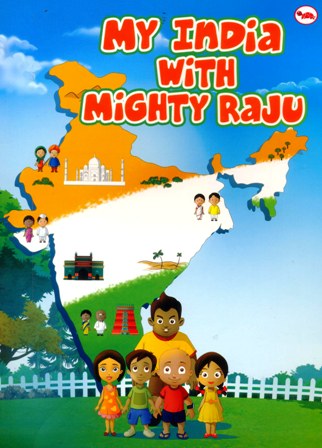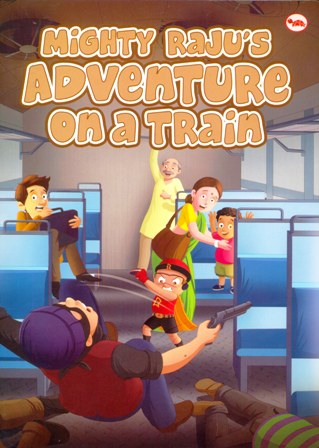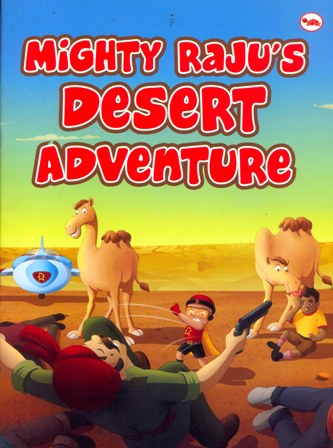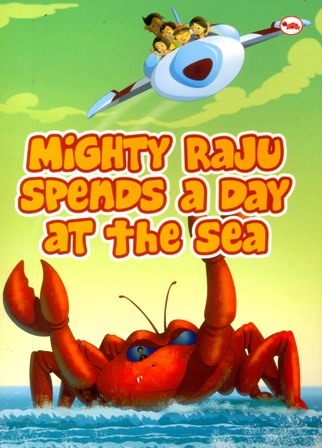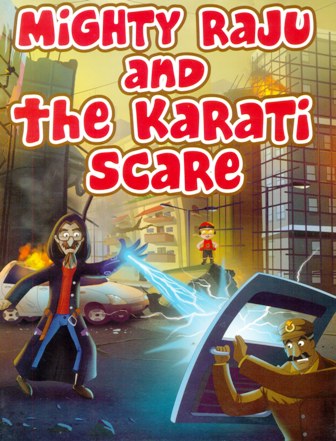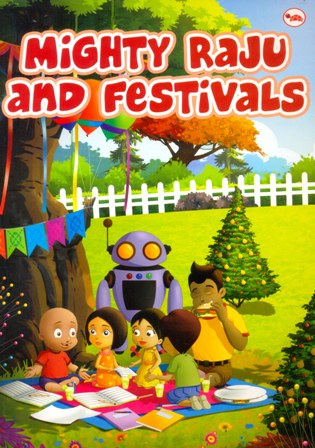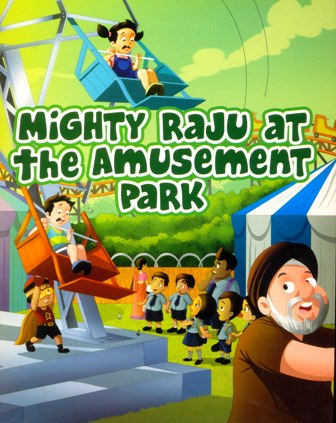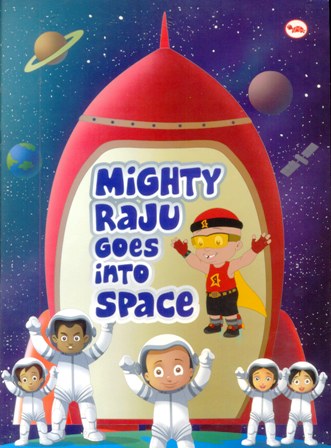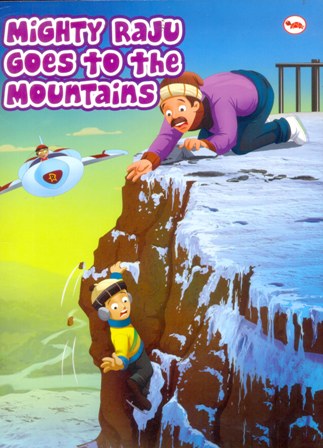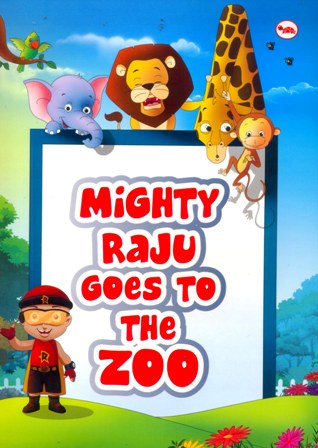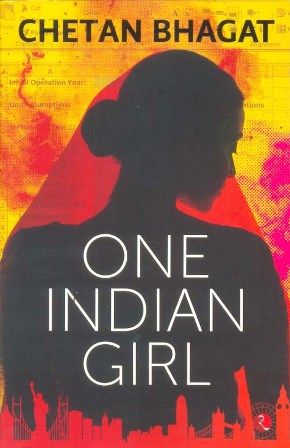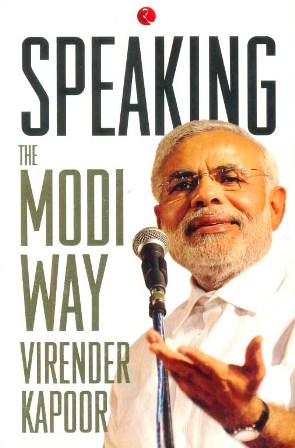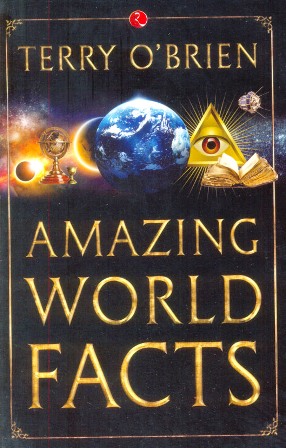-
Perfect Communication
Terry O’Brien’s Perfect series is the ultimate enabler for professional and personal success. Easy-to-read, concise and full of easily actionable advice, this new series will aid readers in mastering the little things and becoming ‘perfect’. A best-selling author and motivational trainer, Terry O’Brien shares with his readers his own hands-on learning experience and illustrates how small changes can make a big difference in achieving goals.
-
Perfect CV
Terry O’Brien’s Perfect series is the ultimate enabler for professional and personal success. Easy-to-read, concise and full of easily actionable advice, this new series will aid readers in mastering the little things and becoming ‘perfect’. A best-selling author and motivational trainer, Terry O’Brien shares with his readers his own hands-on learning experience and illustrates how small changes can make a big difference in achieving goals.
-
Perfect Leader
Terry O’Brien’s Perfect series is the ultimate enabler for professional and personal success. Easy-to-read, concise and full of easily actionable advice, this new series will aid readers in mastering the little things and becoming ‘perfect’. A best-selling author and motivational trainer, Terry O’Brien shares with his readers his own hands-on learning experience and illustrates how small changes can make a big difference in achieving goals.
-
One Indian Girl
Hi, I'm Radhika Mehta and I'm getting married this week. I work at Goldman Sachs, an investment bank. Thank you for reading my story. However, let me warn you. You may not like me too much. One, I make a lot of money. Two, I have an opinion on everything. Three, I have had a boyfriend before. Okay, maybe two. Now if I were a guy, you'd be cool with it. Since I am a girl, these things don't make me likeable, do they? Bestselling author Chetan Bhagat, writing for the first time in a female voice, brings to you One Indian Girl, the heart-warming story of a modern Indian girl.

